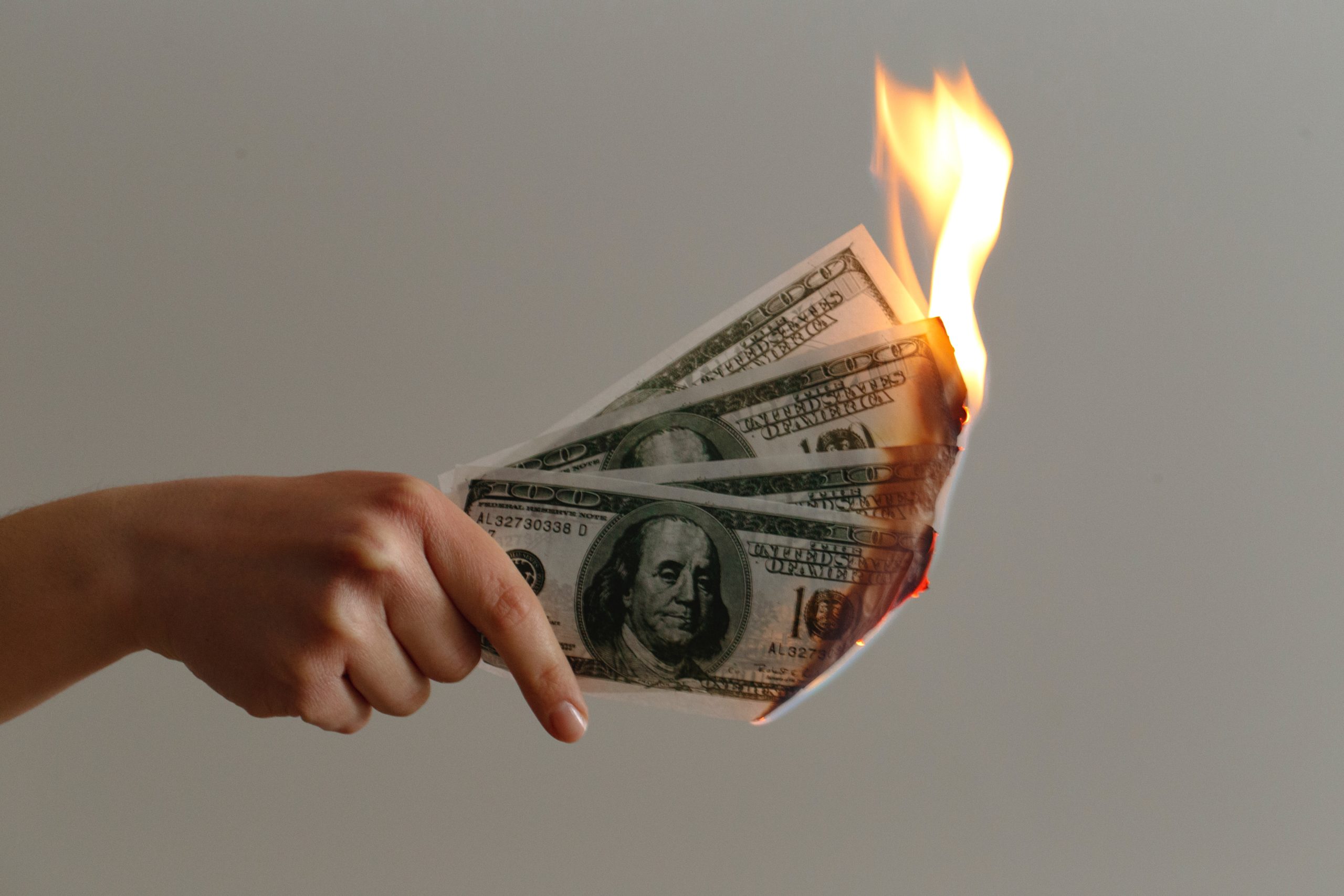This past Monday, August 5, 2019, was rough for everyone with money invested in the stock market. Investors started selling off stocks in response to the news that China was lowering the value of its currency as a result of Trump’s tariffs. It was a grizzly day. The Dow fell by 767 points or 2.9% at the end of the day.
Like most people, I was tempted to call my financial adviser and ask what was going on, even though I already knew what was going on. What I was really looking for was assurance that everything would be alright.
I didn’t call, because I figured he might have been swapped with numerous other calls from other panicked investors throughout the day.
But the main reason I didn’t call is I knew better. This market volatility is normal. The stock market goes up and down. We’ve experienced close to 15 years of a very long bull run.
It’s also not a surprise that China will respond by devaluing their currency so that their people can afford to buy things as prices increased. The devaluation of their currency effectively lowers prices. That it took so long for them to do was was a surprise.
It’s also unfair to look at this situation and find blame. Both countries are doing what they feel is in their best interests. For us as investors, it comes down to several questions:
- What’s within my power to change?
- What’s beyond my power to change?
Most people would say they can and should pull their money out before they lose even more. This, however, is the wrong perspective. It’s making a decision based on emotions. As we all know, the large selloffs by investors this past Monday was largely emotional.
The stock market is cyclic in nature. It always has been. If you look at the stock market performance over the past century, you’ll find something interesting: The line goes up and it goes down throughout the weeks, months, and maybe even years. The general trend, though, is the line goes up over time. This is why you hold investments and play the long game. This is why you avoid making emotional decisions and hold stocks for the long game.
How the Market Behaves
This interesting reddit post, created on August 6th, 2019, one day after the big dip, visualizes the stock market for the past decade. The graphic has been duplicated here for your convenience:

As you can see, the majority of the data points fall between -1% and +1%. The outliers, like what we saw on August 5th, fall outside the -1% and +1%.
You’ll also notice that the number of good trading days in which the market performed well are fewer than the number of bad trading days. One theory I have (which is just my own theory) is we humans tend to look for the bad stuff in a sea of good. It makes sense as stock brokers and investors are human. That’s why the stock market is so emotional.
It’s tempting to draw the conclusion from the above graph that investing is a foolish idea in general. After all, the market stays mostly within -1% and +1%. The number of dips greater than -1% outweigh the number of rises greater than +1%. It’s natural to draw the conclusion that in the long run, you’ll either keep what you already have. You’re also more likely to lose than you are to gain.
That’s true, if you don’t rebalance your portfolio as it is needed. The strategy of most fiduciaries is to not only rebalance the portfolio through the asset allocation (stocks, bonds, bash) but also sector weighting (health car, real estate, energy, utilities, etc.).
Reallocating assets, especially as you near retirement age or just want to start drawing on your investments is important as it lowers your overall risk in the market, providing you with a more steady stream of income.
In other words, when you’re younger you can afford to make more aggressive investments while you’re still working, especially as you don’t need the money. When you’re older or in need of the money, then your risk tolerance goes down.
A Knee-Jerk Reaction
As far as Monday’s stock performance is concerned, this was a knee-jerk reaction to bad news. I kept my money in and relied on my financial adviser to make the right decisions. As he is fond of saying, a market downturn is a perfect opportunity to start buying.
By my accounts, as of Friday, August 9th, the market has recovered from Monday’s bad news. However, it has not recovered from dip that began around July 26th.
What happened on July 26th? Darned if i know. I also do not care.

